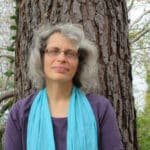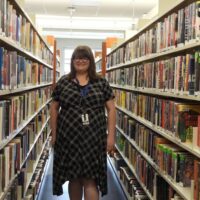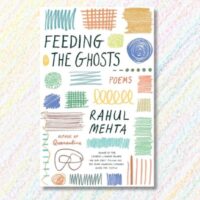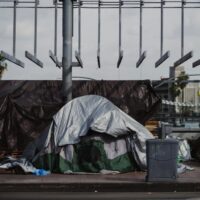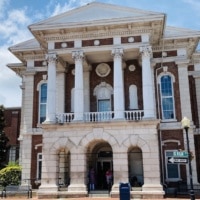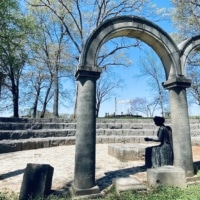The first time I met bell hooks, I served her coffee. I was a barista at the local coffee shop in the Kentucky town we both called home.
As happens in small towns, our paths crossed in numerous ways. I occasionally bumped into her at the local bookstore as she fed her voracious appetite for mysteries. I attended her standing-room-only artist talk at the public library where she shared about her lesser-known pursuit of painting.
- RELATED: bell hooks, Hopkinsville native and renowned feminist author, dies at 69
- RELATED: bell hooks will never leave us – she lives on through the truth of her words
Most memorably, we would sometimes share a pew at my interdenominational church. She attended our mostly lily-White congregation and would punctuate the sermons with “Amen” and “Tell it” as she encouraged the pastor.
Always she was very much herself. Comfortable in her own skin. Outspoken. Friendly, and a bit feisty.
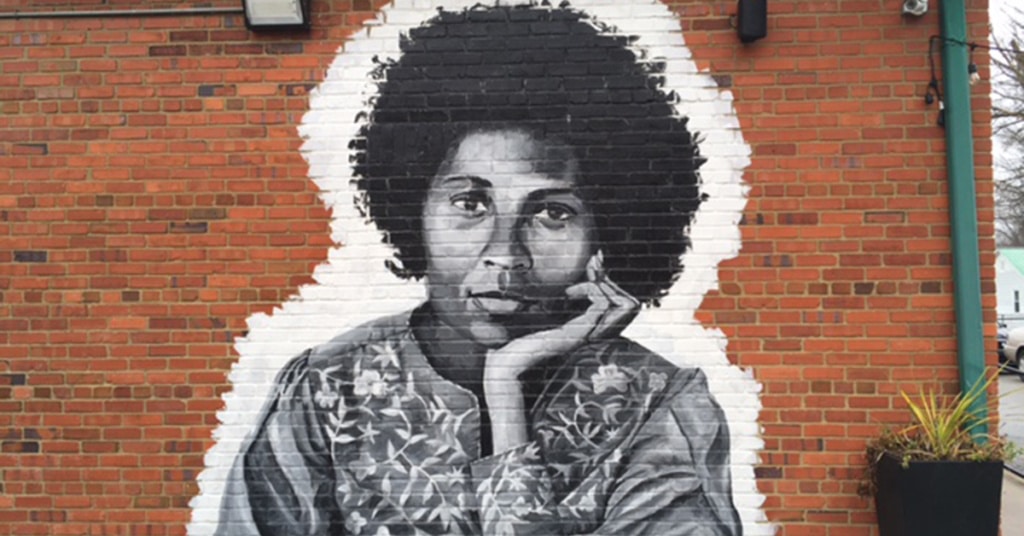
I often wondered how we came to live in the same place. Why did the internationally known and revered hooks choose to teach, live, create, and ultimately pass away in Berea, Kentucky, population 16,500?
The answer is that for hooks, where she did her work was just as intentional as the work she did. After 30 years living away, hooks returned to Kentucky, the land of her birth, in 2004. She chose a small town, a rural existence, and to teach at Berea College. According to the college website, she said, “I felt very much that I wanted to give back to the world I came from. I grew up in the hills of Kentucky, and I wanted these students to see you can be a cosmopolitan person of the world but still be connected positively to your home roots.”
hooks experienced both the freedom and limits of growing up Black in a segregated, rural Kentucky, and believed they were a formative part of who she was. She wrote about it in “Appalachian Elegy: Poetry and Place:” “While I do not claim an identity as Appalachian, I do claim a solidarity, a sense of belonging, that makes me one with the Appalachian past of my ancestors: black, Native American, white, all ‘people of one blood’ who made homeplace in isolated landscapes where they could invent themselves, where they could savor a taste of freedom.” Her homecoming, though, was accompanied by an understanding that often the voices, even the existences, of Black rural Kentuckians are unacknowledged.
Berea also houses hooks’ papers and the bell hooks institute she founded. She believed fiercely that great thinkers like Gloria Steinem and Cornel West should speak in rural communities and interact with residents and students. I remember hearing she wanted visiting scholars to put her work in the context of who she was, so she made them travel to a small, vibrant Kentucky town at the foothills of the Appalachians.
hooks wrote about intersectional rural issues, how sustainability, race, class, and gender have historically influenced land ownership and belonging. But she never lost sight of the beauty and importance of the natural world. As imperfect as it is, hooks chose rural Kentucky as her home, and ultimately, as the place where she would die.
In her 2009 book, “Belonging: A Culture of Place,” hooks wrote about Kentucky being her fate, the end of her life coming full-circle from the beginning. She paints a vivid picture of how she imagined the end, writing, “I close my eyes and see hands holding a Chinese lacquer bowl, walking to the top of the Kentucky hill I call my own, scattering my remains as though they are seeds and not ash, a burnt offering on solid ground vulnerable to the wind and rain – all that is left of my body gone, my being shifted, passed away, moving forward on and into eternity.”
Rest in power and keep moving forward, bell hooks.
Kim Kobersmith lives in Berea, Kentucky. She has written extensively for the Daily Yonder about rural food, recreation, arts and culture, and development.
